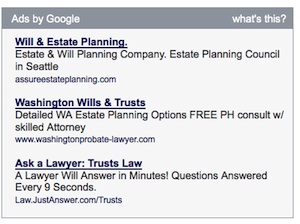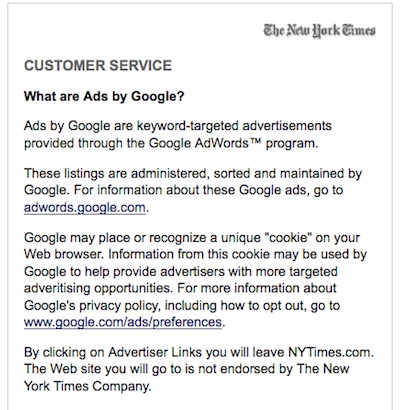
fno.org
|
|
| Vol 22|No 2|November 2012 | |
| Please feel free to e-mail this article to a friend, a principal, a parent, a colleague, a teacher librarian, a college professor, a poet, a magician, a vendor, an artist, a juggler, a student, a news reporter or to anyone else you think might enjoy it. | ||
In a related article, "Escaping the Filter Bubble," published in September, 2011, FNO explored the pros and cons of Google learning our points of view and serving up search results tailored to those positions. This service is both convenient and disturbing, as we may end up impoverished rather than enlightened. Fortunately, there are alternative search engines that will respect your privacy. On need only search on Google for "alternatives to Google." There are quite a few lists such as http://www.howtogeek.com/113513/5-alternative-search-engines-that-respect-your-privacy/. These will point you to sites such as DuckDuckGo
|
||
|
Copyright Policy: Materials published in From Now On may be duplicated in hard copy format if unchanged in format and content for educational, nonprofit school district and university use only and may also be sent from person to person by e-mail. This copyright statement must be included. All other uses, transmissions and duplications are prohibited unless permission is granted expressly. Showing these pages remotely through frames is not permitted. |








